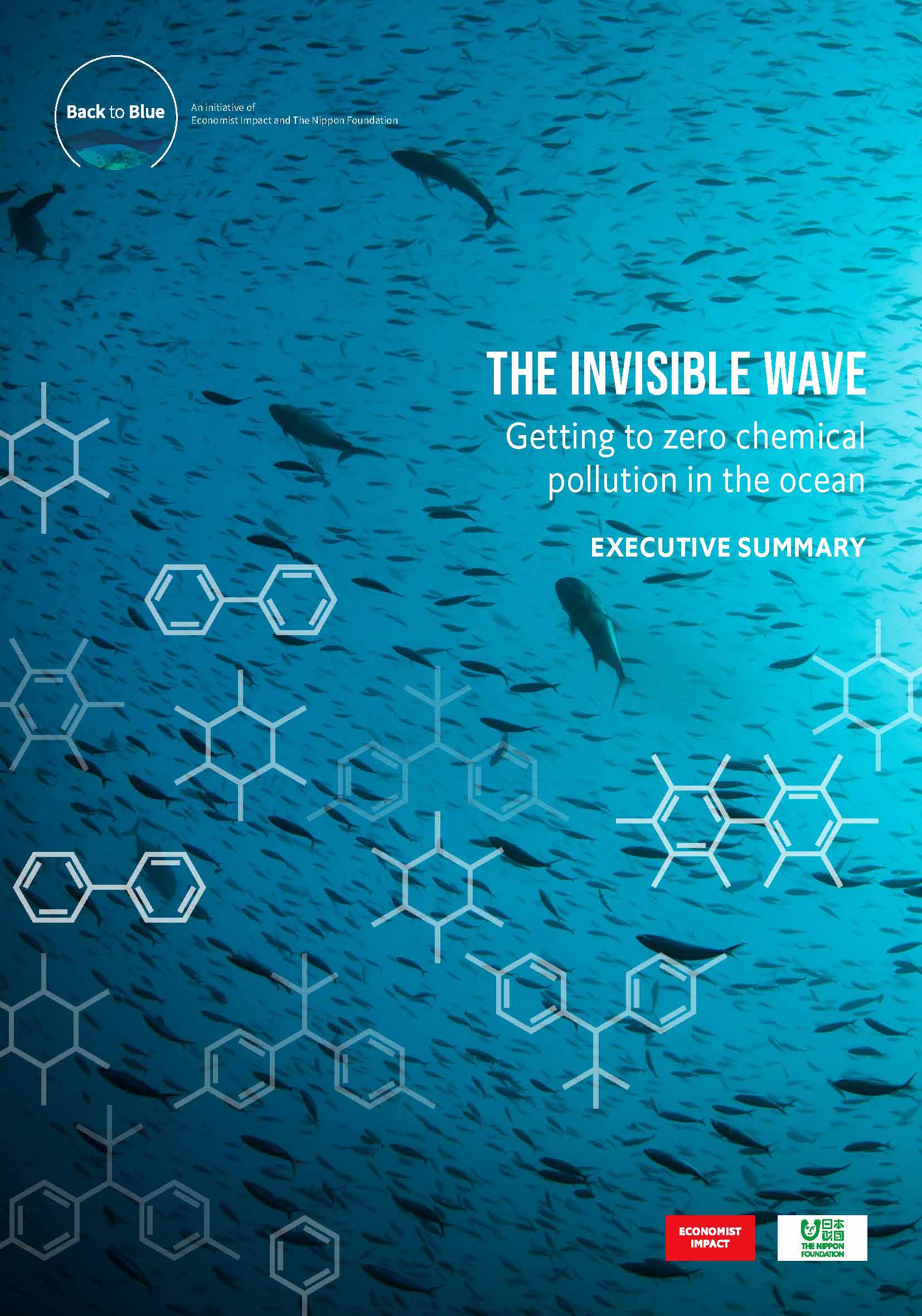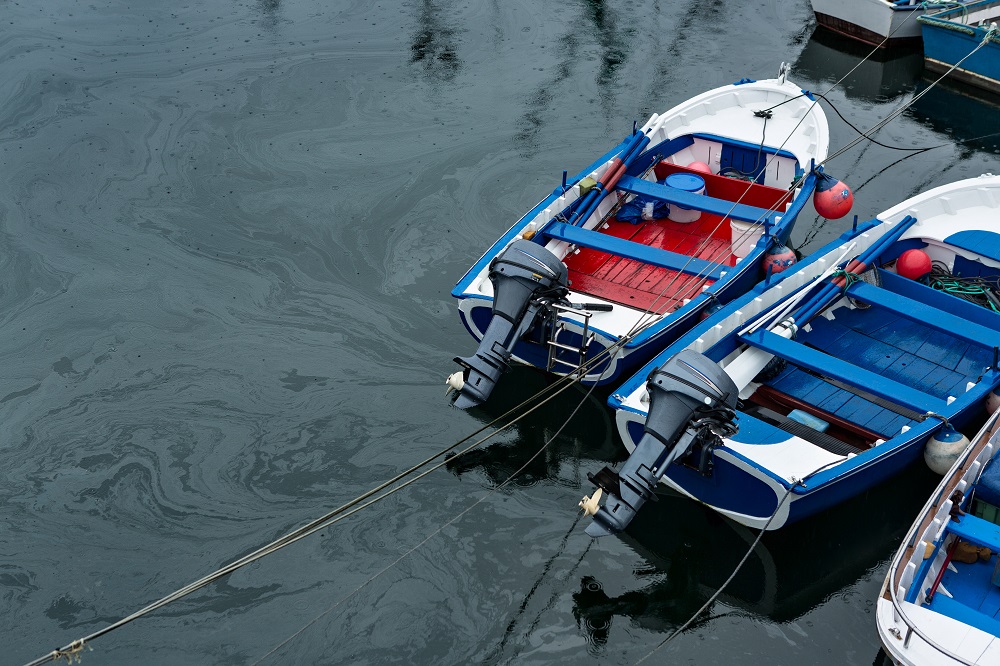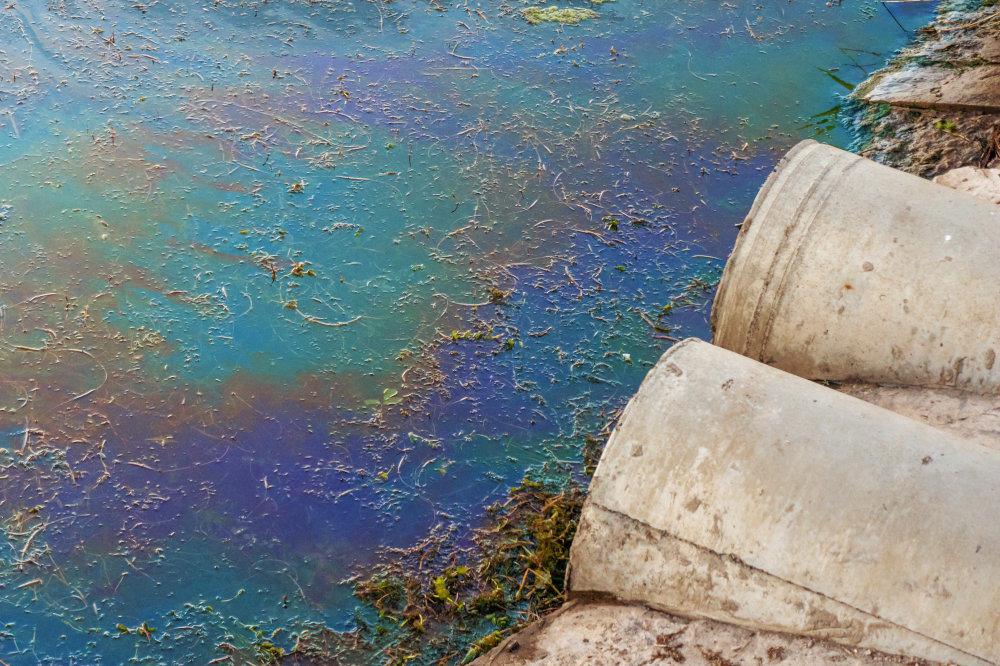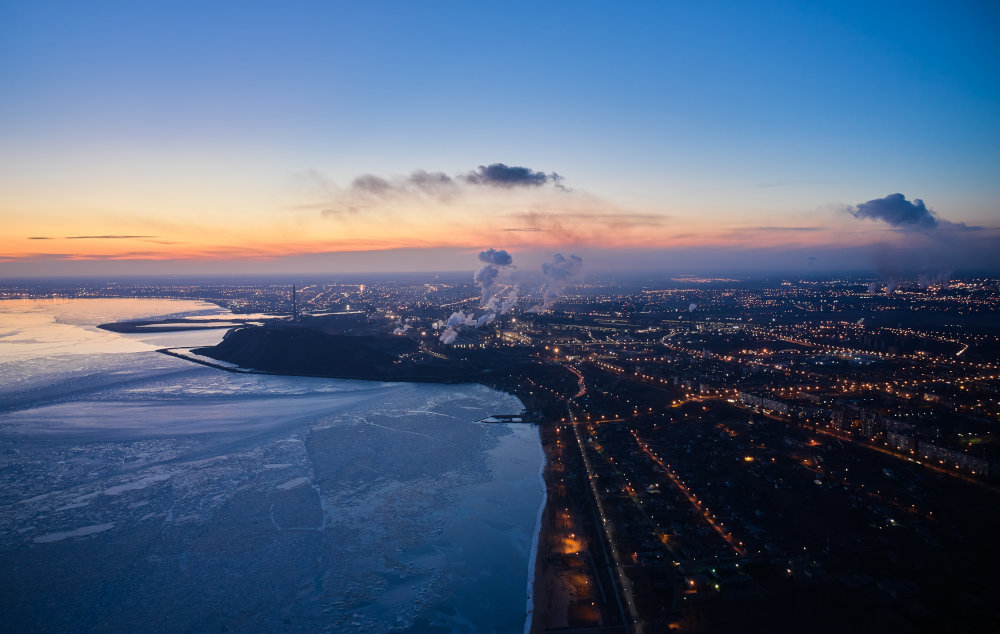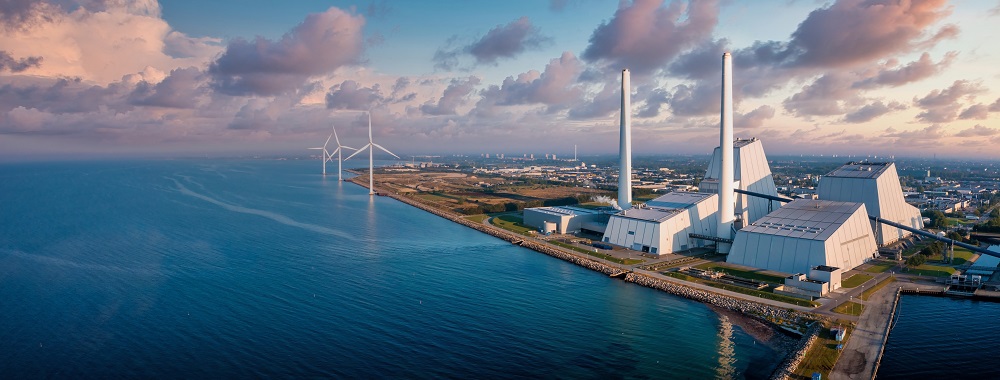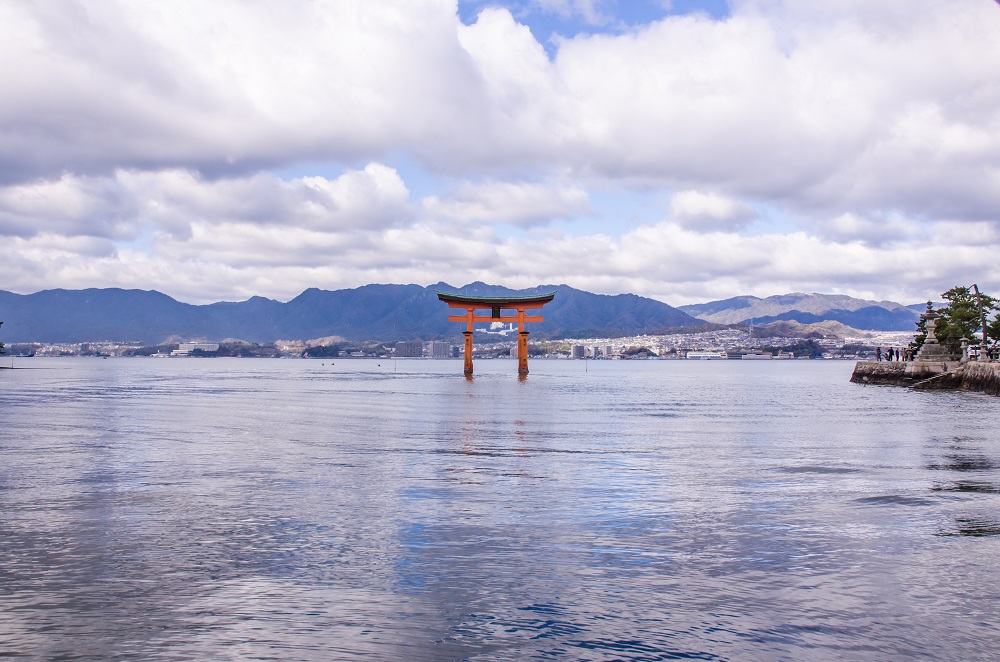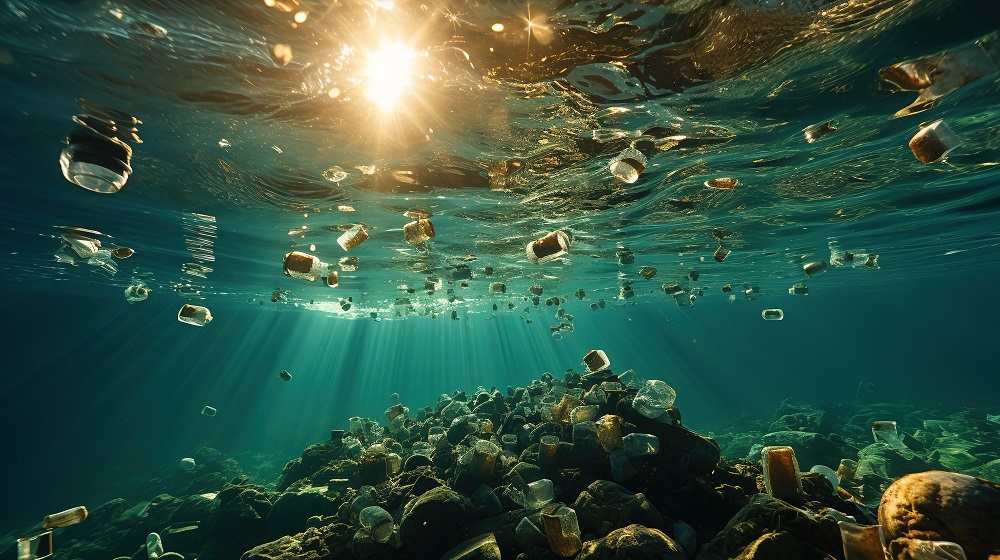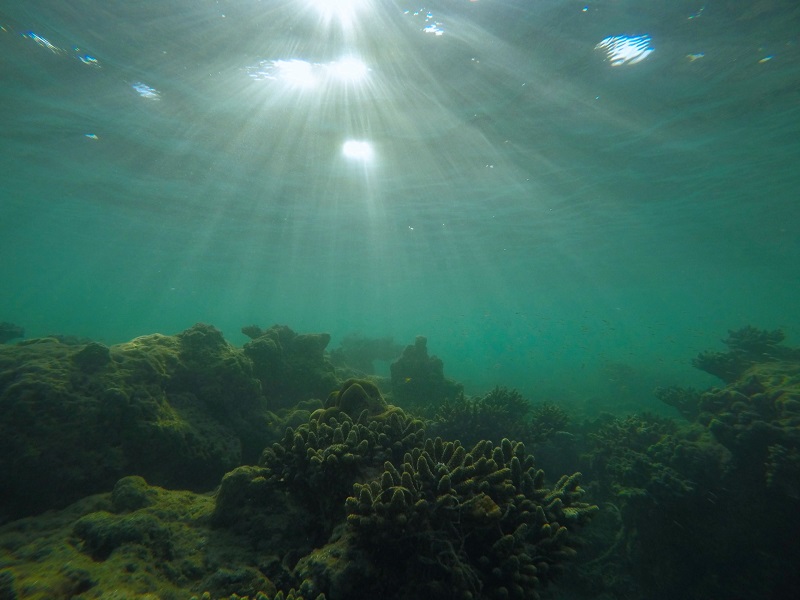FOREWORD
At the UN Ocean Conference in Lisbon, co-hosted by the governments of Kenya and Portugal, there will no doubt be much discussion on the upcoming negotiation of a global treaty on plastic pollution. That plastic is at the top of the UN ocean agenda is extraordinarily good news, and a testament to the global community of policymakers, activists, businesses and scientists who together have worked tirelessly for the past decade and more to raise awareness about the issue, and catalyse coordinated action.
Solving plastic pollution is critical for a healthy ocean. But plastic is not alone as a marine pollutant. The Invisible Wave, published in March 2022, sets out the case for chemical pollution in the ocean to be treated with the same gravity—and the same urgency—as plastic pollution. In many ways, they are two sides of the same coin.
The objective of The Invisible Wave is to raise the status of chemical pollution as a priority for ocean health. We see this report as only the beginning of the conversation. Our (unashamedly ambitious) aim is to have a transformational impact on knowledge and awareness of marine chemical pollution. In so doing, we hope to catalyse—and contribute to shaping—a coordinated global response to marine chemical pollution.
At Back to Blue, we conducted more than one hundred interviews with industry leaders, investors, scientists, activists and policy experts over the course of 2021.
The scientists we spoke with, all of whom generously shared their time and expertise, told us broadly the same story: chemical pollution in the ocean is an urgent and underappreciated crisis that if left unaddressed will lead to considerable—and possibly irreversible— damage to the marine environment. Patchy data makes it difficult to quantify the risk, but there is enough information to conclude that we need to act—now.
In contrast, the business leaders, investors and policymakers we interviewed, many of whom also generously shared their time and expertise, told a broadly different story. Few mentioned chemical pollution as a priority. None cited marine chemical pollution as a priority. The gulf between what the science is telling us must happen to reduce and prevent marine chemical pollution, and what is actually happening is worryingly wide.
The Invisible Wave is not intended simply as a critique of industry, investors or policymakers, although there is no shortage of critical analysis. Many of those we spoke with in business, finance and policy said that they haven’t considered marine chemical pollution because they are otherwise absorbed by decarbonisation and circularity: this has some resonance, even if it can also be a smokescreen. Instead, we hope to spark a discussion across governments, industry and civil society about how to begin grappling with this important issue and the actions we need to take to achieve ocean health.
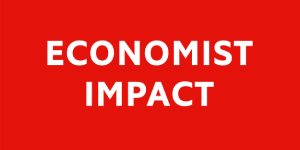
Charles Goddard
Economist Impact

Yohei Sasakawa
The Nippon Foundation
READ THE FULL REPORT

Chemical pollution – of land, air, rivers, watersheds – has been a festering issue for decades, occasionally prompting resolute action. But only recently has the scale of chemical pollution become more apparent. Read the full report here.
WATCH THE VIDEO

Hear from the experts about the deterioration of our marine environments, and the need to shift to safer, greener chemicals production – and more responsible usage and disposal. Watch the video here.
EXPLORE THE INFOGRAPHIC

Visualize the causes of chemical pollution, its impacts, and the key steps needed to clean up the sector and, through innovation, to make chemicals an active contributor to a cleaner 21st century economy. Access the infographic here.
LEARN MORE ABOUT THE DATA

Our immersive data story guides readers through the latest science and evidence on the interactions between chemicals with marine environments – and the steps needed to tackle the problem before it is too late. Learn more about the data here.
THANK YOU
Thank you for your interest in Back to Blue, please feel free to explore our content.
CONTACT THE BACK TO BLUE TEAM
If you would like to co-design the Back to Blue roadmap or have feedback on content, events, editorial or media-related feedback, please fill out the form below. Thank you.










